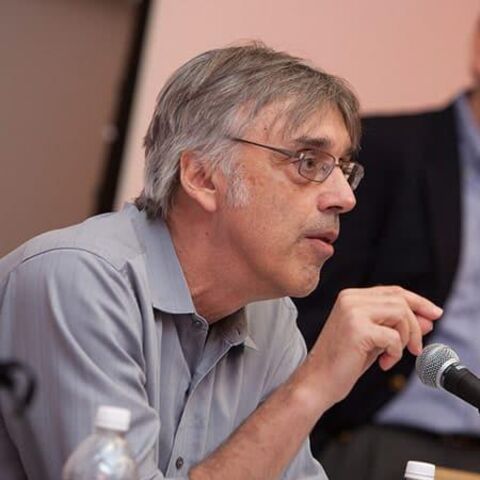Richard Cerione
Professor
The Cerione group is studying signaling pathways that are important in various biological outcomes, with particular emphasis on cancer progression and neurogenesis. They are using a combination of biochemical, structural, genetic, and small molecule chemistry to probe these pathways.
Research
The research efforts of my laboratory have focused on understanding how cellular signaling pathways influence cell growth and differentiation, as well as how aberrant signaling activities lead to disease states such as cancer and other disorders. The laboratory is multi-disciplinary using various cell systems and mouse models to identify novel signaling events that influence fundamentally important biological processes, and chemistry and structural approaches to define the molecular basis for these events. Three major areas of interest are currently being pursued.
The first involves the development and application of structural methods to gain a more complete picture of how G proteins become activated and transmit signals within the context of the cell membrane. The second involves the use of small molecule chemistry to identify novel pathways necessary to satisfy the bioenergetics and metabolic requirement of cancer cells to proliferate at high rates and become invasive, with the ultimate goal of defining new strategies for therapeutic intervention. The third focuses on the recent identification of a new class of membrane vesicles that are shed by cancer cells and stem cells, with the goal being to understand how these vesicles play critical roles in the development of the malignant state and in stem cell biology.
Awards and Honors
- 2013, Chancellor's Award for Excellence in Scholarship and Creative Activities, SUNY
- 2009, American Association for Advancement of Science Fellow, American Association for Advancement of Science
- 2000, Frontiers Lecturer, Case Western University Medical Center
- 1999, Eppley Distinguished Lectureship in Cancer Research, University of Nebraska Medical Center
- 1986-1990, PEW Foundation Biomedical Scholar Award, PEW Foundation
- 1979-1982, National Institutes of Health Postdoctoral Fellow, National Institutes of Health
- 1979, American Cancer Society Postdoctoral Fellowship Award , American Cancer Society
Educational Background
- Howard Hughes Research Associate, Duke University Medical Center
- Postdoc, Cornell University
- PhD, Biochemistry, Rutgers University, 1979
- BA, Biochemistry, Rutgers College, 1973

